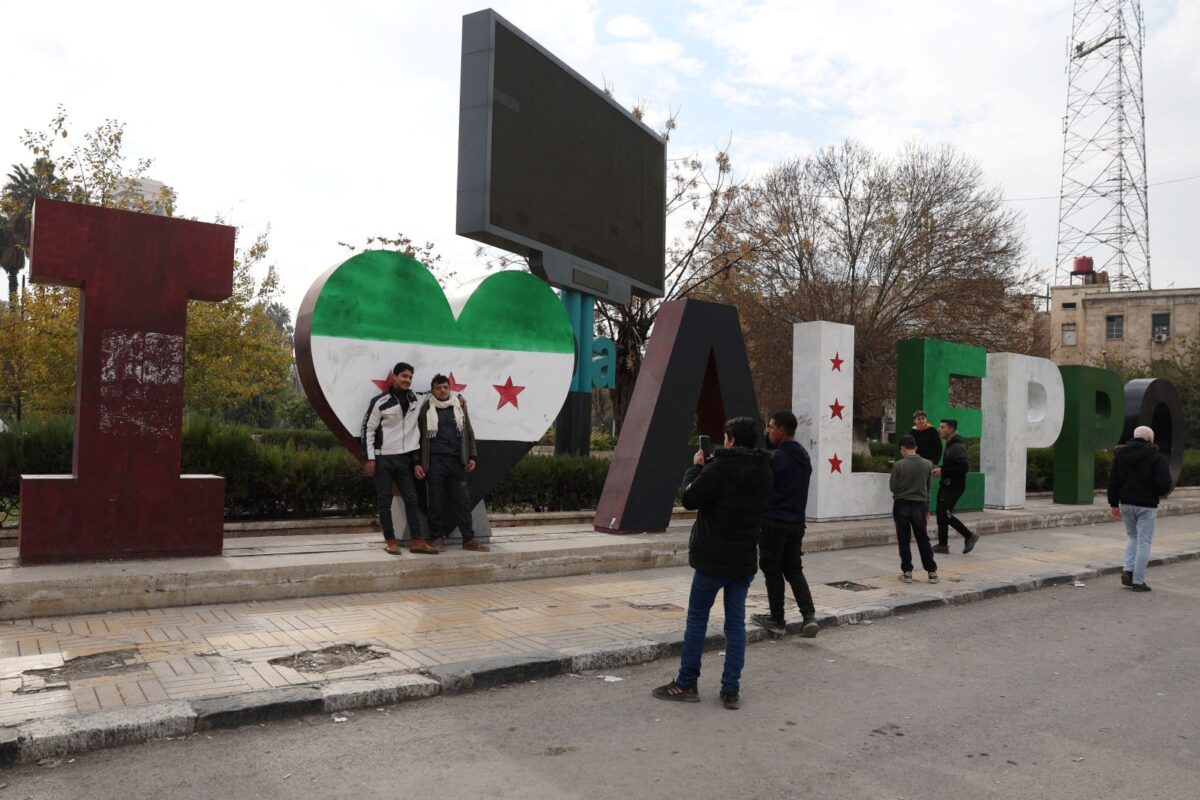
Lebanon, Syria, and the Region’s Endless Struggle for Stability
In the Levant, borders are more symbolic than real, with conflicts in one country spilling into the next. This past week, two major developments have highlighted this interconnectedness: the fragile ceasefire between Israel and Lebanon, and the escalating conflict in northern Syria, where rebel forces have launched a coordinated offensive.
As many of you may have asked, are these two events connected? And what do they mean for the future of our region? The answers lie not in isolation, but in the broader dynamics that have long defined the Levant—a region where external powers and local factions collide, leaving ordinary people caught in the crossfire.
Lebanon’s Fragile Ceasefire: A Shaky Truce
The ceasefire in Lebanon was brokered behind closed doors, leaving little room for transparency, monitoring, or accountability. This opacity has fueled speculation about secret clauses, including one that allegedly permits Israel to launch strikes on Lebanese territory under the guise of protecting its interests. While such terms remain unconfirmed, the vague language of the agreement makes it harder not only to understand the deal but also to enforce or advocate for its proper implementation.
In the days following the ceasefire, tensions escalated as Israel reportedly violated the truce over 50 times, according to UN sources. Hezbollah, citing these breaches, retaliated by launching projectiles into Israeli-held territories. Israel, in turn, responded with airstrikes in southern Lebanon, resulting in civilian casualties.
The cycle of accusation and retaliation exposes the fragile foundation of the ceasefire and raises critical questions: Should we blame Nabih Berri for allowing the deal to proceed under these conditions? Hezbollah, for its role in the conflict and its responses? Or the Lebanese government, whose political paralysis has rendered it incapable of asserting authority or protecting national sovereignty?
Ultimately, this situation reflects the challenges of navigating a ceasefire crafted without clear mechanisms for oversight or enforcement—an agreement that, like many in the Levant, seems designed more to pause hostilities than to resolve their root causes.
The Syrian Front: A Battle for Territory and Narratives
Meanwhile, just across the border, rebel forces in Syria have launched a major offensive in Aleppo and beyond, capturing significant territory from Assad’s regime. What makes this offensive different is its level of coordination and the apparent local character of the fighters. Many are sons of the land, reclaiming areas that were once their homes, and reports suggest they are making efforts to respect minorities and civilian properties.
This contrasts sharply with the Assad regime’s narrative, which portrays these groups as extremists and terrorists. Yet, as with Lebanon’s conflict, the truth is more complicated. The offensive coincides with Russia’s preoccupation in Ukraine and regional shifts that are creating new opportunities for opposition forces.
A Region of Intertwined Struggles
It’s impossible to separate the conflicts in Syria and Lebanon. Hezbollah’s deep involvement in Syria has long tied Lebanon’s fate to that of its neighbor, with any escalation in Syria inevitably threatening to destabilize Lebanon. At the same time, the fragile peace in Lebanon offers little assurance that Hezbollah won’t seek to reassert itself militarily elsewhere, especially as its influence in Syria appears to wane.
This interconnectedness is further complicated by the shifting roles of external powers. On this occasion, Hezbollah has reportedly declined to assist Assad’s regime directly, a notable shift that may signal a strategic recalibration for the group. Meanwhile, Russia, despite providing airstrike support to the regime, seems increasingly limited in its ability to influence the outcome of the conflict, preoccupied with its war in Ukraine.
Turkey’s role has become more prominent, particularly as it backs factions opposing Assad’s forces. The recent Iran-Turkey meeting offers a glimpse into the emerging dynamics: while both nations are vying for control over Syria, they appear to be negotiating terms to share the spoils. Iran, with or without Hezbollah, seeks to maintain its foothold in Syria as part of its broader regional strategy, while Turkey’s ambitions seem to extend beyond mere territorial gains.
Turkey’s endgame raises pressing questions: Does it aim to liberate Aleppo from Assad’s grip to empower local factions, or does it envision Aleppo as a piece of a larger, neo-Ottoman sphere of influence? The rapid regional shifts suggest that Turkey may seek rewards for its support of anti-Assad factions, staking claims in both geopolitical influence and economic opportunities.
Complicating matters further are the broader regional players. The United States and Israel, though not directly involved in this conflict, are far from passive observers. Both stand to benefit from a weakened Assad regime and a fragmented Syria, even as they navigate their own strategic interests in countering Iranian influence.
In this web of competing powers, the question becomes not who controls Syria, but who benefits from its continued fragmentation. As alliances shift and rivalries endure, the people of Syria and Lebanon remain caught in the middle, left to navigate the fallout of decisions made far beyond their borders.
A Call for New Thinking
If the Levant is to escape this endless cycle of conflict, it must move beyond being a playground for external powers and a battlefield for local factions. This means not just choosing between the lesser of two evils, but working toward a future where those choices are no longer necessary.
Lebanon and Syria are bound together not just by geography, but by shared challenges and a shared need for stability. The path forward requires courage, accountability, and the willingness to build systems that genuinely serve the people, rather than the interests of the few.
The question isn’t whether these conflicts are connected—they are. The question is whether we can find the strength to untangle them, or if we’ll remain trapped in their web.
Ramzi Abou Ismail is a political psychologist and researcher at the University of Kent.
The views in this story reflect those of the author alone and do not necessarily reflect the beliefs of NOW.








